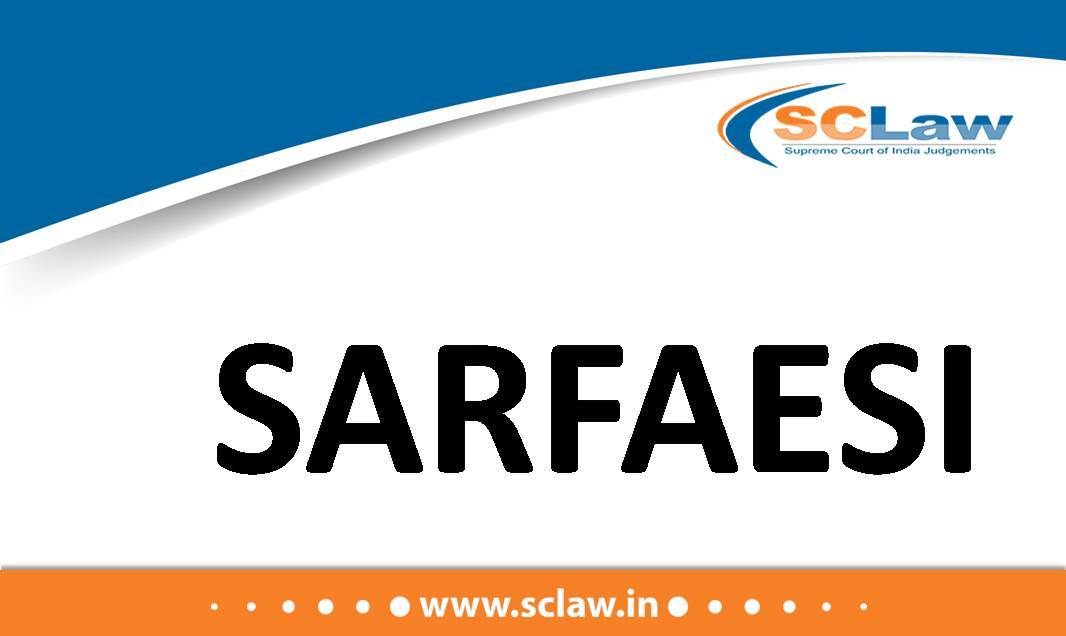(SARFAESI) – Section 34 – Civil suit is attracted allegations of ‘fraud’ are made without any particulars – Suit was not maintainable in view of the bar contained under Section 34 of the SARFAESI Act – Except the words used ‘fraud’/’fraudulent’ there are no specific particulars pleaded with respect to the ‘fraud’. It appears that by a clever drafting and using the words ‘fraud’/’fraudulent’ without any specific particulars with respect to the ‘fraud’,. Suit not maintainable
SUPREME COURT OF INDIA DIVISION BENCH ELECTROSTEEL CASTINGS LIMITED — Appellant Vs. UV ASSET RECONSTRUCTION COMPANY LIMITED AND OTHERS — Respondent ( Before : M.R. Shah and Sanjiv Khanna, JJ.…

